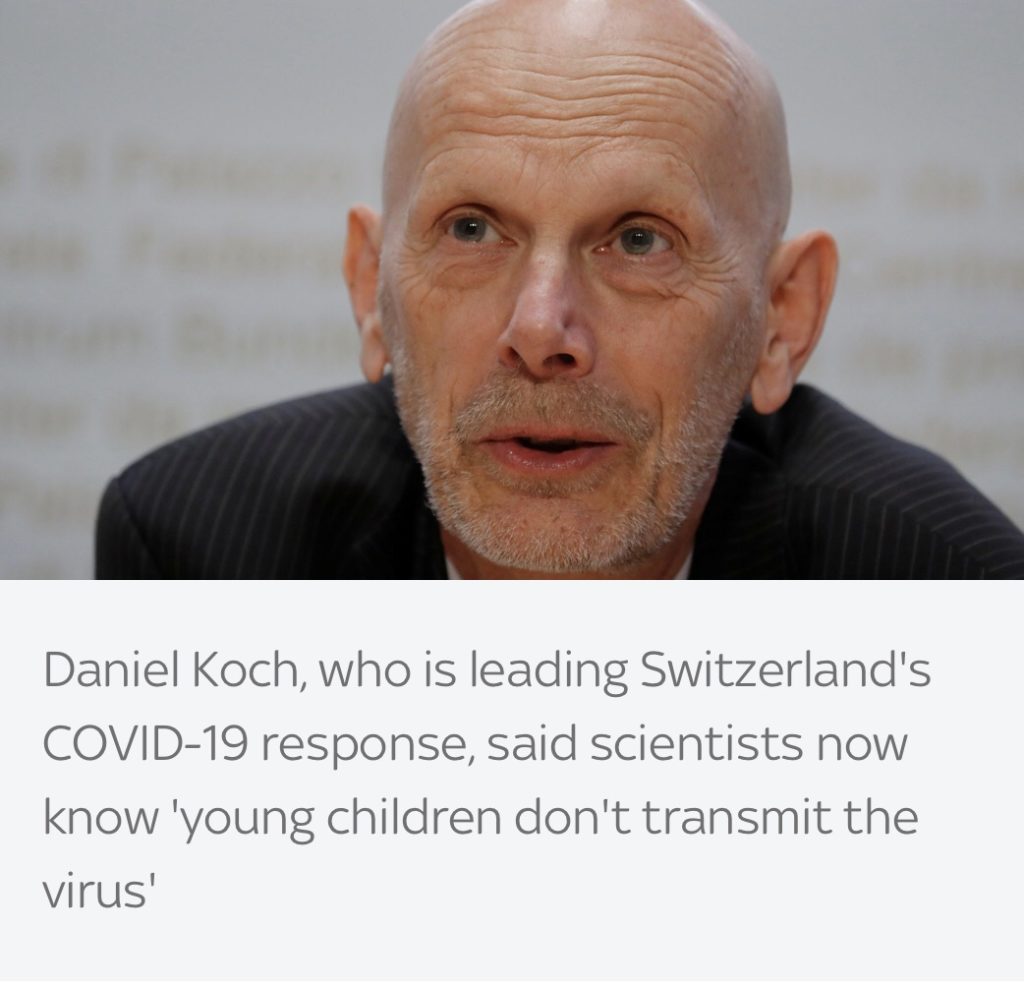
But without contact tracing to track transmission in a larger population, it’s impossible to know if the assumption is true. Findings like this imply that if vaccinated people are so well protected from getting infected at all, they are also unlikely to spread the virus. The researchers found that fully immunized participants were 25 times less likely to test positive for COVID-19 than were those who were unvaccinated. locations for SARS-CoV-2 infections weekly for three months, regardless of symptoms or vaccination status.

In one study, the CDC tested volunteer health care personnel and other front-line workers at eight U.S. It’s tricky to figure out for sure if vaccinated people are not spreading the germ. Research suggests that undocumented cases of COVID-19 in people who either were asymptomatic or experienced very mild disease could be responsible for up to 86% of all infections, though other studies contradict the high estimates. Some scientists estimate that the number of asymptomatic COVID-19 infections in the overall population could be 3 to 20 times higher than the number of confirmed cases. But it’s actually tricky to figure out for sure if vaccinated people are not spreading the germ.ĬOVID-19 poses a particular challenge because people with asymptomatic and pre-symptomatic infections can spread the disease – and insufficient contact tracing and testing mean those without symptoms are rarely detected. Immunologists expect vaccines that protect against viral illnesses to also reduce transmission of the virus after vaccination. Can a vaccinated person spread coronavirus? Scientists are also still assessing the durability of immunity that the COVID-19 vaccines are providing and where in the body it’s working. Researchers believe that an optimum amount of “ neutralizing antibodies,” the type that not only bind the virus but also prevent it from infecting, are sufficient to fend off repeat infections. When it comes to COVID-19, immunologists are still figuring out what they call the “ correlates of protection,” factors that predict just how protected someone is against the coronavirus. Good vaccines provide effective and durable training for the body’s immune system, so when it actually encounters the disease-causing pathogen, it’s ready to mount an optimum response. But it is extremely effective at preventing the crippling disease because it triggers antibodies that block the virus from infecting the brain and spinal cord. The Salk inactivated polio vaccine, for instance, does not completely stop polio virus from growing in the human gut. For a vaccine to be effective, though, it doesn’t need to prevent the germ from infecting an immunized person. This sterilizing immunity means someone who’s vaccinated will neither catch the virus nor transmit it further. Vaccine developers often hope that, in addition to preventing illness, their vaccines will achieve “ sterilizing immunity,” where the vaccination blocks the germ from even being able to get into the body at all. READ MORE: ‘It feels like freedom,’ 8 people describe getting their COVID-19 vaccine Similarly in California and Texas, only 0.05% of fully vaccinated health care workers tested positive for COVID-19. Within two months, among the 4.7 million fully vaccinated, the detectable infections fell by 30-fold. For example, in 6.5 million residents of Israel, aged 16 years and older, the Pfizer–BioNTech mRNA COVID-19 vaccine was found to be 95.3% effective after both shots. Researchers had hoped to design safe COVID-19 vaccines that would prevent at least half of the people vaccinated from getting COVID-19 symptoms.įortunately, the vaccines have vastly outperformed expectations. younger than 12.Īs restrictions are lifted and people start to leave their masks at home, some people worry: Can you catch COVID-19 from someone who’s vaccinated? Vaccines don’t always prevent infection And no COVID-19 vaccines are yet authorized for the nearly 50 million children in the U.S. Children aged 12 to 15 became eligible for the Pfizer-BioNTech vaccine only on May 10, 2021. Others with weakened immune systems, from cancer or medical treatments, may not be fully protected by their vaccinations.

Now anyone who is fully vaccinated can participate in indoor and outdoor activities, large or small, without wearing a mask or physical distancing.Īnthony Fauci, chief medical adviser to President Biden, said the new guideline is “ based on the evolution of the science” and “serves as an incentive” for the almost two-thirds of Americans who are not yet fully vaccinated to go ahead and get the shot.īut some people cannot be vaccinated because of underlying conditions. Centers for Disease Control and Prevention changed its guidelines about mask-wearing on May 13, 2021, plenty of Americans were left a little confused.


 0 kommentar(er)
0 kommentar(er)
